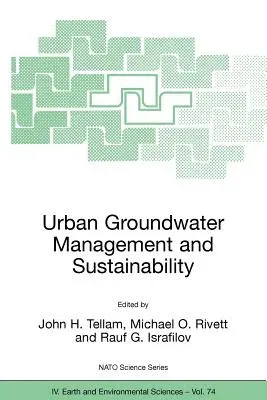Urban Groundwater Management and Sustainability (2006)Paperback - 2006, 19 October 2006

Qty
1
Turbo
Ships in 2 - 3 days
In Stock
Free Delivery
Cash on Delivery
15 Days
Free Returns
Secure Checkout
Part of Series
NATO Science Series: IV:
Part of Series
NATO Science
Part of Series
NATO Science Series: IV: Earth and Environmental Sciences
Part of Series
NATO Science Series: IV: (Closed)
Print Length
490 pages
Language
English
Publisher
Springer
Date Published
19 Oct 2006
ISBN-10
1402051743
ISBN-13
9781402051746
Description
Product Details
Book Edition:
2006
Book Format:
Paperback
Country of Origin:
NL
Date Published:
19 October 2006
Dimensions:
23.39 x
15.6 x
2.72 cm
ISBN-10:
1402051743
ISBN-13:
9781402051746
Language:
English
Location:
Dordrecht
Pages:
490
Publisher:
Series:
Weight:
734.82 gm

